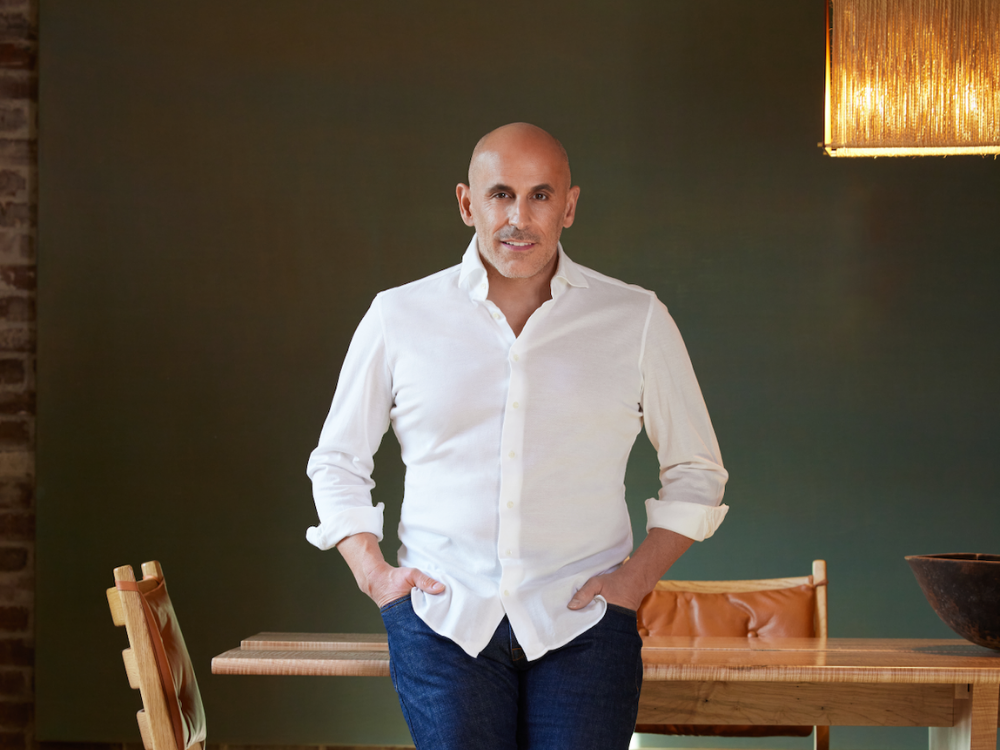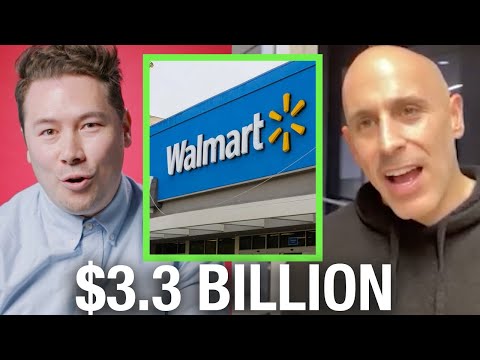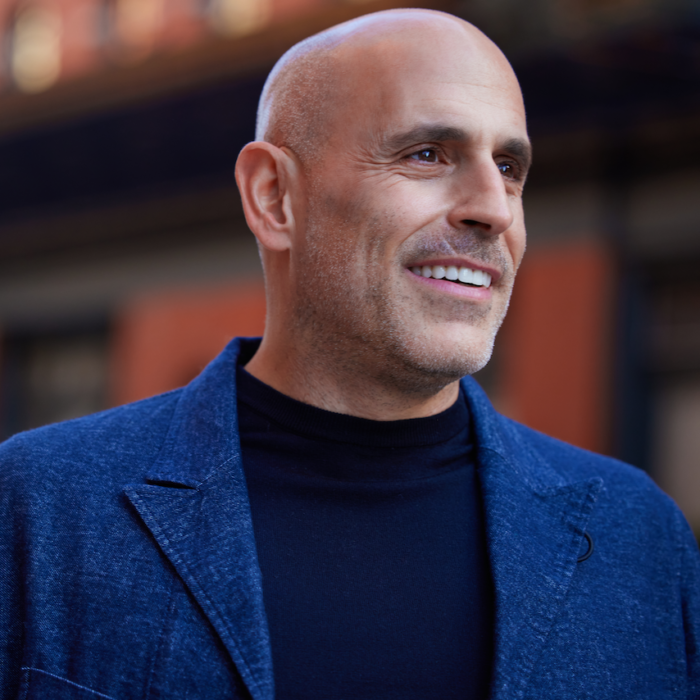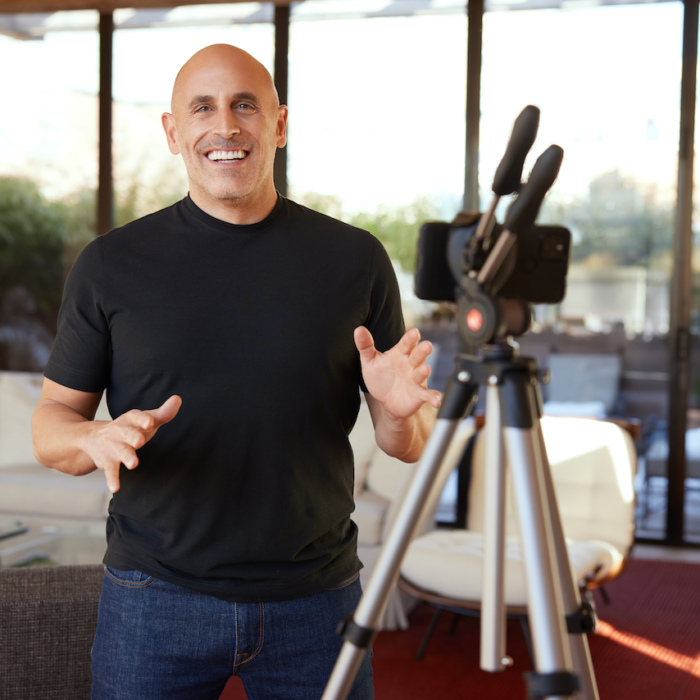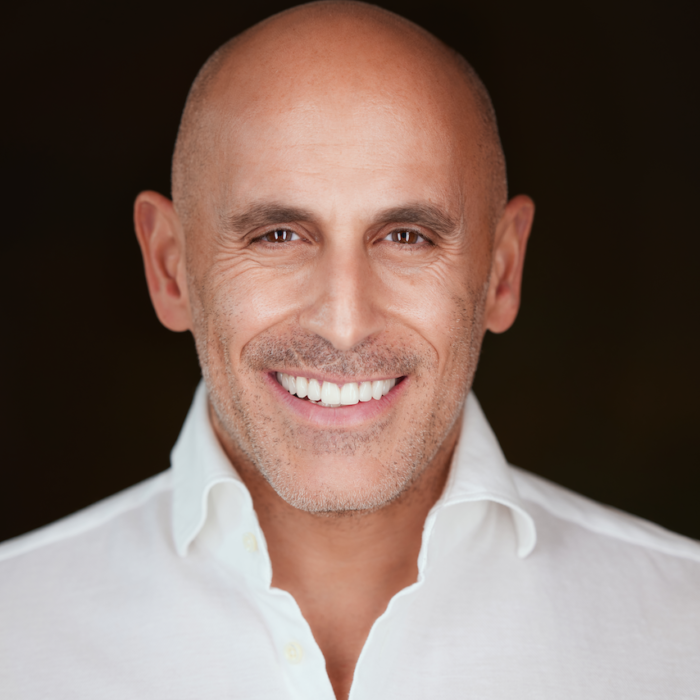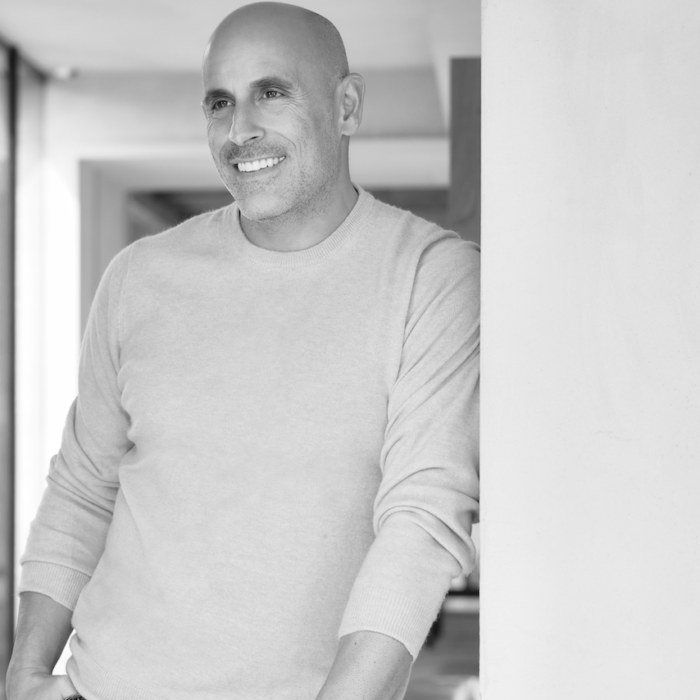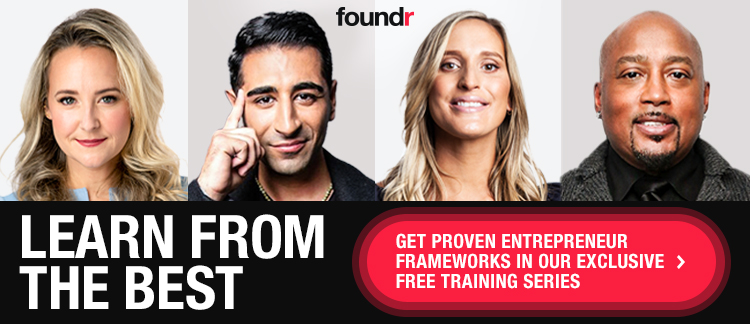Foundr Magazine publishes in-depth interviews with the world’s greatest entrepreneurs. Our articles highlight key takeaways from each month’s cover feature. We talked with Marc Lore about tackling society’s biggest challenges using the skill sets and vision forged in his business career. Read excerpts from that in-depth conversation below. To read more, subscribe to the magazine.
—————
Marc Lore spends a lot of time thinking.
“I just spend time each day, like an hour, to just think about what’s most important for the following day, the following month, the following year,” he says. It helps him prioritize his projects not only for the week or month but even for the next 10 years.
And over the years, his projects kept getting bigger, propelling him from banker to where he is now, a billionaire entrepreneur and owner of the NBA’s Minnesota Timberwolves, building the city of the future.
But it’s not just Lore’s ability to think big that kick-started his success. To be an entrepreneur, he says, you also have to have a strong work ethic, a talent for selling, and no fear of failure.
“I think I was just born with the entrepreneur’s DNA because my grandma used to ask me what I wanted to be when I grew up, and I’d say a farmer. Because they grow stuff from nothing. I literally was born wanting to grow stuff from nothing,” Lore says.
Lore has grown plenty from nothing. He began with Diapers.com before moving to Jet.com and Walmart. Now, he’s on to his next two audacious plans: mobile restaurants that come to the customer and a utopian city sprung from the desert.
Marc Lore’s Wonder Group
Lore’s latest venture, which he launched in New Jersey with former Walmart CRO Scott Hilton, takes food delivery to another level.
“We’ve created 17—and counting—restaurant chains that are built on a mobile platform,” Lore says. “Rather than having to find real estate and build a brick-and-mortar restaurant, we actually built a restaurant inside of a mobile Mercedes Sprinter van. And this van will come up in front of your house, cook the food, and deliver it piping hot to your door.”
The idea, Lore says, came from his experience ordering food to his home in New York City during the pandemic.
“I started ordering a lot from DoorDash and Uber Eats. And I didn’t find the experience compelling. [The food] was just cold. I couldn’t get a lot of high-quality food. I couldn’t really order fish or french fries,” he says. “The service was unpredictable and expensive.”
He started thinking about how Amazon had built a platform that cut across so many retail verticals. In this case, the mobile vans allow them to cut across restaurant verticals.
Wonder has already partnered with restaurant chains such as Bobby Flay, Sushi Nakazawa, Devour Pizza, and Fred’s Burgers.
Each van is devoted to a single restaurant and gets its ingredients prepared and packaged from a kitchen hub in their territory.
When a customer orders, a van with one trained chef on board pulls up to their house and completes the final meal prep before handing off the order.
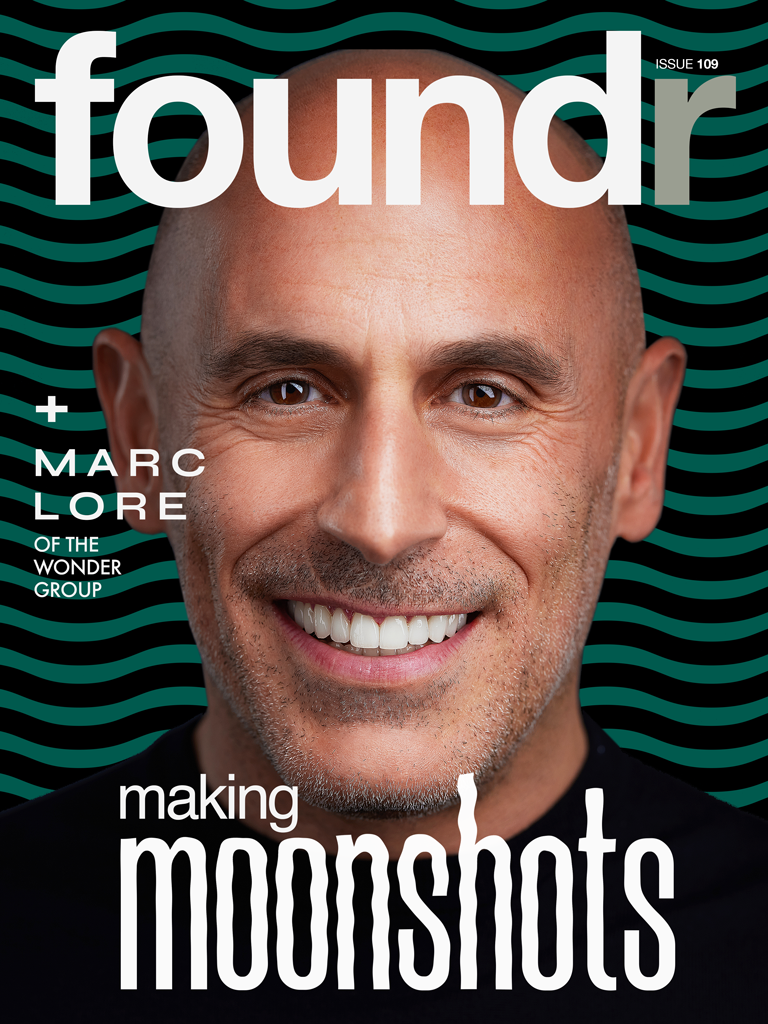
In an interview for CNBC, Lore explained that preparing food ahead of time at scale helps keep food costs low. Vehicles are also assigned a single territory, so they can make multiple deliveries in one trip rather than making “empty” runs back to a restaurant.
Currently, Wonder serves 17,000 customers in New Jersey. Lore and Hilton are looking to expand throughout the Northeast next year and eventually take the company nationwide.
“It’s blowing the doors off. Customers absolutely love it. The orders, the net promoter scores, everything’s going incredible,” Lore says.
It’s even garnered some celebrity attention. Gwyneth Paltrow sits on the board of the Wonder Group.
The key is the flexibility of the model. Wonder analyzes demand in a densely populated area and puts out as many trucks as needed to meet that demand. If demand goes up, they add more. If it goes down, they take some off the road.
“It’s a variable capex investment,” Lore says, “which allows you to capture a lot of demand that physical brick-and-mortar restaurants can’t capture because they have such a fixed nut. If it’s going to cost me $4 million to build a Bobby Flay Steakhouse, we need a certain level of demand. We can put a tenth of a Bobby Flay steak restaurant into an area and do a tenth the demand and do it profitably.”
Telosa: City of the Future
All of Lore’s projects to date have been ambitious—some may even say audacious. None, however, have been quite as bold as his passion project: Telosa, Lore’s city of the future.
According to the Telosa site, the city’s name is derived from the Greek word telos, meaning “highest purpose.” And that’s exactly Lore’s vision: a city sprung from the desert that is 100 percent sustainable, where the city-owned land generates revenue that is invested into social services, schools, health care, and even cultural projects.
“People got access to land way back when by putting a stake in the ground and saying, ‘Hey, this is my land,’” Lore says. “And you really don’t need to do anything. You sort of have a little bit of a monopoly on that land.”
It’s an old kind of capitalism Lore believes is no longer sustainable. Instead, he wants to experiment with Equitism.
Lore and his partners will form a community foundation that will buy 200,000 acres of essentially worthless desert land. People who want to live in Telosa will then have the opportunity to buy houses on the land and thus a stake in the city. As people and businesses move in, the land will increase in value, and the foundation will use the proceeds of the endowment to reinvest in the community, everything from affordable housing to jobs training.
If the plan works, Lore and his partners estimate they will have $50 billion a year to reinvest in their city of 5 million residents.
The centerpiece of Telosa, according to Architectural Digest, would be Equitism Tower, a funnel-shaped building that will contain elevated water storage, aeroponic farms, and a photovoltaic roof to produce and distribute energy.
Lore admits that right now, he and his partners are in something of a honeymoon phase, thinking more about the big ideas around the city.
“We’re going through the exercise of architecting the city, thinking about how do we put people at the center? What are our values? And what’s the vision for it?” he says. “We haven’t really bumped up into the real challenges about how do you get water in the desert for 5 million people? And can you do 100% renewable energy and all solar? Where are the panels going to be?”
But, he says, his team is ready to dig in with this project. “Just like any big, audacious startup or goal, you have to be prepared for some really rough waters in the future. And we are; we’re ready for it.”
Read more: Scooter Braun Opens Up About Burnout and Discovering Big Talent – Exclusive
From the beginning, Lore’s big ideas have had one common thread: improving quality of life. From making it easy to buy diapers and improving the ecommerce experience to bringing quality food to customers’ doors, it’s always been about finding a way to solve problems for people.
Telosa is no different.
“We’re literally bringing some of the smartest, most influential people in the world as part of this project, and I’m just excited to see all the innovation and all the great new thinking that comes out of it,” he says. “When you think about all the things that go into a functioning city and all the things that go into improving the quality of life for people, it cuts across everything that we know. When you start talking about education and medical care and security and parks and restaurants and all the ways in which we live, if we can elevate that and do it in a more equitable, sustainable way, that really sets us up for a really bright future.”
The post Billionaire Marc Lore Has Big Ideas for the Future — Exclusive appeared first on Foundr.
